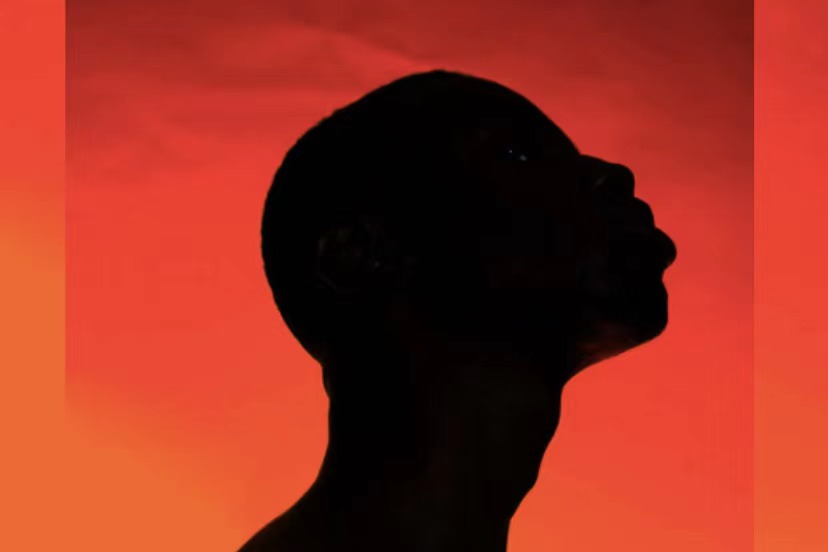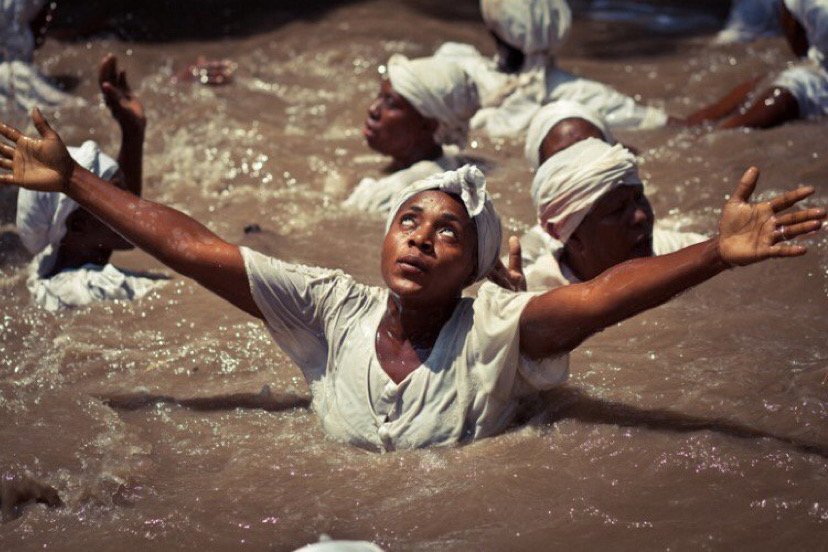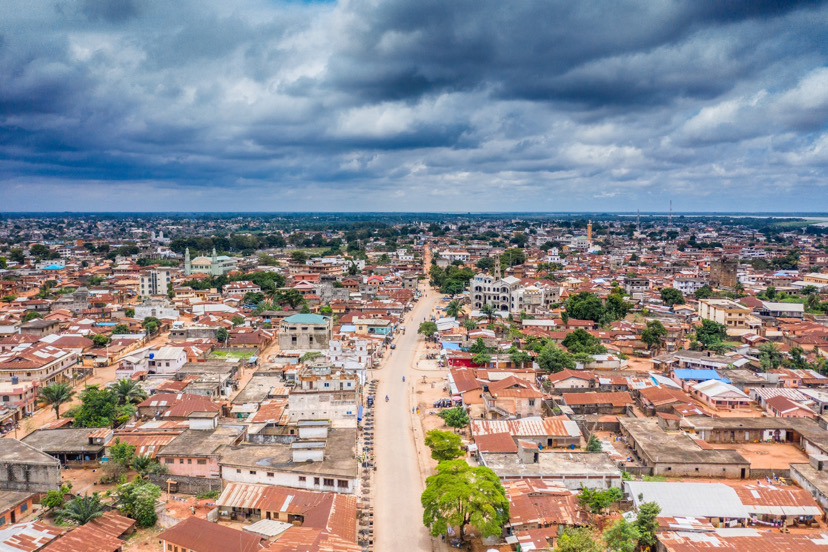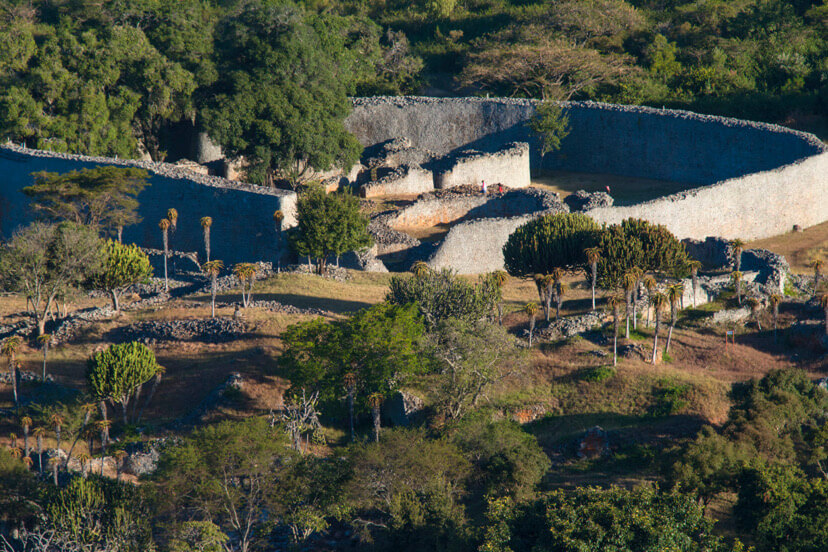I’m a recipient of PEN Deutschland Exiled Writer Grant (2017) Literary Arts Projects Curator, Writer in Residence, Blogs Publisher, Arts for Human Rights/Peace Activism Catalyst, Social Media Publicist and Internationally Anthologized Writer, 2017 African Partner of the International Human Rights Arts Festival Exiled in Africa Program in New York. 2017 Grantee of the EU- Horn of Africa Defend Human Rights Defenders Protection Fund. Resident Curator of 100 Thousand Poets for Peace-Zimbabwe, Originator of Zimbabwe We Want Poetry Movement. I have published a collection of poetry, Good Morning President, and co-created Whispering Woes of Ganges and Zembezi with Indian poet Sweta Vikram.

Somewhere beside Zvagona hills, near Zvamapere ‘kopje of hyenas’, adjacent to the foothills of Dayataya mountain, lies bones and spirits of my great grandfathers and their descendants. I loved this land. Every rain season, Zvagona hills were village brides fitted in green dresses, and floral doek’s over their heads. Their lush skin shimmered blue from a distance in the hazy December sun. Usually, autumn arrived with god’s gifts of multi- colored costumes of blooming flowers, their petals nodding erotically to the hesitant sun, the sun winked back secretly to the smiling flowers. Bees and cicadas haunting them like delinquent boys to village damsels. This time, the earth becomes a beautiful princess scented with natural perfume and clad in floral gowns of pink, yellow, white, peach and oxblood red.
June is a vicious dog, and it brought howling winds and winter’s canines grazed deep into our lives. The earth is undressed into utter nudity. Elephant grass saluted to the passing wind like grandfathers surrendering life. Our hills spotted jailbirds’ bald shave as they nodded to the winter’s sirens: whirlwind and dust ripples. Forests stood shell shocked in their torn overalls. Flowers are tightlipped, and their cousins rot into extinction, waiting for rain when the earth is born again. The cold, bruised sun is a patch on the undergarments of grey horizons. This time, the moon is a hesitant bride. It is winter, and nights are ink black and unfriendly. Hyenas wail in pain of winter’s bite, regular face-booking of monkeys is on hold. Cicadas are silent like birds. Sometimes hills wept to each other under the veil of mist, and the shivering moon lulled our sombre souls into sleep until the next morning. When morning comes, the baldheaded hills are ready for a fight, standing proud in anticipation of sunshine or rain, alas the biting winds persisted, and the hills are resilient too and similar to the undying spirits of peasants eking out life from tracks of hard red earth on the fringes of Zvagona hills. At night hills were draped in robes of white mist, and towards dawn, they fit onto skirts of grey and top gear of blue. We were told ancestors walked alongside the mist at night, and in mornings they would go into a deep sleep. The mystery of Zvagona hills, hills of home. During that season, we stacked loads of firewood for warmth, cooking meals and brewing traditional beer. We lived off the forests.
When Gods are angry, the earth is clad in rags like an imbecile. It wears a black torn monkey hat over itself like a pickpocketer. The air is tainted with the foul smell of decaying lives. Baboon’s sermons are placed in God’s wardrobe. Our creased faces told tragic tales of poverty and hunger gnawing the pits of our bellies.
When the red glow of heat persisted like in hell, silence and barrenness were weaved together onto red earth. At the same time, rivers become whitewashed skeletons of dry sand. Elders spoke in tongues to the wind, and we lost their words in the pleats of their elderly language. After some days, they traverse to the end of the earth to supplicate Zame, the spirit of rain. Njelele, Zame’s disciple, would direct them to Nyami Nyami, the goddess of water. They are told to wash their feet and dance to Gods. They were punished for replacing forests with concrete jungles. Birds and spirits of the land were now vagabonds. They are told the earth is simmering in abomination, and Gods are angry and choked with carbon laced fumes. They are warned of the coming of the devil’s triplets: hunger, heat waves and cyclones. They paid their ornaments, applauded the gods and returned to their hovels underneath the fringes of Zvagona hills.
Later, when heavens get overexcited. Gods washed our sins with tears of their joy; rains washed and blessed our land. The earth is born again and is dressed to kill in its usual green gowns and floral doek’s. We danced to the clap of thunder, and camera flashes of lightning winked at us. Our poverty marinated, yellow maize teeth grinned to sudden glows of lightning. Sometimes lightning jolts sank our tender hearts into our rib -boxes. Zvagona hills also gyrated under the grip of thunder. We danced still for the blessing of rain and rebirth. Our planting fields were patches of alluvial earth between the hems of the hills and the banks of Mamvuramachena “river of white waters”. Sooner pumpkins bred like rabbits, veldts wore a silver water cap and new dark green military combat of sprouting elephant grass. Smells of fresh dung and the scent of fresh udder milk were our morning brew. The new grass fattened our cows, and their oily skins shimmered under God’s obedient sun.
Our mothers traversed from hill to hill harvesting mushrooms, nhedzi, zvihombiro, nzeveyambuya nezhouchuru ‘names of different kinds of mushrooms’. Wild mushroom is an African delicacy that raised us from mucus drooling kindergartens into goat bearded grown-ups. Wild fruits of maroro, nhengeni and nhunguru were showered to us by the excited Gods. Bushes became our second homes. We dried fruits and mushrooms for the future with the aid of our loving grandmothers. We salivated to the rich fart of roasting meat and baking bread emitted from kitchen huts. Grass beautifies the earth as food beautifies lives. We enjoyed seeing our goats getting fat. Bush honey was abundant. We fought successful battles with ferocious red bees for the mouthwatering delicacy, dendende sweet red honey. We accompanied the red honey hunt with a song
Sunga musoro wedendende
Sunga wakanaka dendedende
Sunga musoro wededende,
Sunga wakanaka dendende
Sunga wakanaka dendende
Sunga wakanaka dendende
The rhythm had returned.
When cockerels announced the new days, eastern hills were beautifully capped with the glow of orange hats from the sparkling sun rays. Baboons cuddled each other in the wake of dawn romance. Rock rabbits jived to the acoustics of cicada tunes and the discord of village sounds. Mother monkeys rebuked their babies from overeating. Down the stream, fish and toads bathed in smoking falls of fresh water. They are home again. Shezu ‘honey bird’ spoiled the festival by singing a warning hymn, maybe for another drought to come or the death of a reputable person. Nights are stitched with thread of hyena’s laughter and the syntactic hymns of owls.
Our elders sang in contented choruses, nhaka inhara meaning ‘the year is blessed with rains’.
We sang to the silver-white moon that was fresh from God’s mouth as it sat on its throne, over the fontanels of Zvagona hills, Mwedzi wagara ndira uyo tigo tigo ndira –and later with time the moon was ripe to go we bade her farewell mwedzi waora ndira tigo tigo ndira.
Now many years had passed since I left for the city, two decades away from years of dance and abundance. The land is now a wretched vagabond. I am sitting underneath the ragged skirts of mystery hills, pondering if my great ancestor’s bones and spirits are still lying here. I see the luxury of rotating seasons is long lost in the abrupt silence of this land. The tenor of birdsongs and baritones of baboons on the mountain zenith is no more. Birds and baboons are long gone, maybe to blessed climes. The joyous scream of hyenas and jackals at dawns was cut short. The joy of reeds dancing to the soprano of mighty streams was remotely silenced—a deadly silence.
The sun’s heat is menacing as if tongs of red hot charcoal are floating in the air. The heavens are rude and clear blue. Waves of heat turned the earth into a baking oven. Fields are chunks of dried and burnt bread. Trees are strips of roasted biltong. Cyclones passed through and carried away my ancestor’s bones to faraway seas. Skeletal dunes of sand replaced our mighty Mamvuramachena ‘river of white waters’
Hills are bald-headed and wearing a herpes zoster belt around their bellies. They are sweating under the grip of heat caused eczema. I suppose we are cursed. Nyami nyami once warned of hunger, cyclones and heatwaves, the menacing triplets.
Behold, my earth is naked.
Dear beloved God, are we cursed?











{{username}}{{commentConvertedTime}}
{{commentText}}